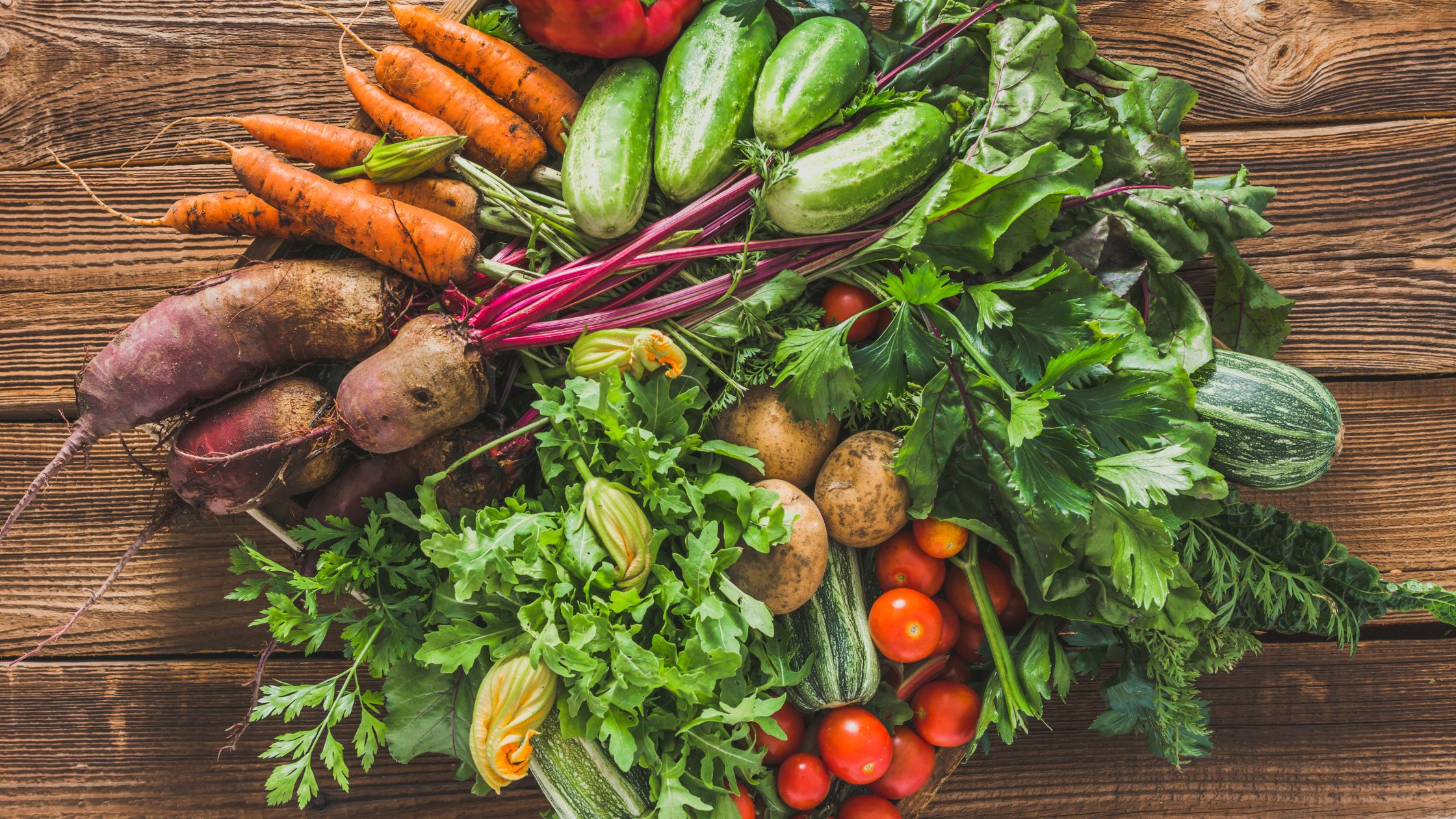It’s about more than avoiding synthetic pesticides – organic food is actually part of a holistic lifestyle that supports your mind and body, says science.
You’ve heard organic food called trendy terms, like “cleaner”, “nutritious”, or even “more delicious”.
But, organic food may also make you feel good.
Why Are People Switching to Organic Food?
Clean eating is a trending term some people use to describe the potential pesticide residue left on food. The concern about consumption of pesticide and chemical fertilizers fuels consumers’ demand for more organically grown food.
But, there are more reasons to eat organic food.
It’s marginally more nutritious and delicious.
Plus, research suggests organic food may even have a feel-good effect.
Organic Foods: A Key Part of a Holistic Lifestyle
Yes, organic food is part of a holistic lifestyle. It nourishes the body, mind, and spirit. Organic food benefits your body and the planet. Knowing your choices are making a positive impact can benefit your spirit.
Here’s what research says about the holistic benefits of organic foods…
Is Organic Food Actually Healthier for You?
Although there may not be enough evidence to make a definite statement on the health benefits of eating organic foods, it’s clear there are healthy benefits to this holistic nutrition practice.
Eating habits that include more organic food have been associated in research studies with a lower risk of infertility, birth defects, allergy sensitization, pre-eclampsia, metabolic syndrome, high BMI, and non-Hodgkin lymphoma.
How is Organic Food Different than Conventional?
- Antibiotic use is less intensive in organic production
- Organic crops are grown without synthetic pesticides, fertilizers, herbicides, or fungicides.
- Organic farming enhances biodiversity and improves soil quality but, requires more land.
- Conventional farming is criticized for soil erosion and biodiversity loss but, produces higher yields.
4 Reasons You Should Eat More Organic Food
There’s a growing amount of evidence that suggests you should eat more organic foods. Here are 4 reasons you may want to know more about…
- Less Pesticides
Eating organic food lowers the amount of pesticides found in your urine; given the current knowledge of the toxicity of these chemicals, it seems possible that’s a significant health benefit, says researchers.
- Animal studies suggest eating conventionally grown food can have impacts on growth and development.
- In humans, the effects of certain pesticides on a child’s cognitive development have been reported.
- Lower Antibiotic Use
Prevalent use of antibiotics in conventional animal production is a drive for antibiotic resistance in society, cautions researchers.
- More Nutritious
Marginally higher amounts of some nutrients are found in organic foods, according to research. Organic meat and dairy can contain higher amounts of omega-3 fatty acids. Crops grown organically tend to yield small to moderately higher amounts of vitamin C and polyphenols (helpful plant compounds, such as well-known antioxidants).
- Feels Good
Eating organic food can make you feel good, say researchers. There’s something about making a healthy choice that boosts your emotional and mental well-being. Scientists aren’t exactly sure why organic food has a positive emotional and psychological impact, but ‘food wellbeing’ seems to be of growing interest.
Harvest Health: 5 Best Fall Foods to Buy Organic
You’re ready to eat more organic food. But, where should you start?
According to research, these fall harvest favourites are a great choice if you’re hoping to eat more organic food.
- Apples
- Bell Peppers
- Broccoli
- Kale
- Squash
References:
Effect of organic food production and consumption on the affective and cognitive well-being of farmers: analysis using prism of NVivo, etic and emic approach. Environ Devel Sustain 2023 Apr 3.
Eat organic – feel good? The relationship between organic food consumption, health concern and subjective wellbeing. Food Qual Prefer 2018 Jan, 63:51-62.
A systematic review of organic versus conventional food consumption: is there a measurable benefit on human health? Nutrients 2020 Jan; 12(1):7.
Human health implications of organic food and organic agriculture: a comprehensive review. Environ Health 2017; 16:111.
Organic food and health. Rocz Panstw Zakl Hig 2020; 71(2):131-136.
Are organic foods safer or healthier than conventional alternatives? A systematic review. Ann Intern Med 2012 Sep 4; 157(5):348-66.
